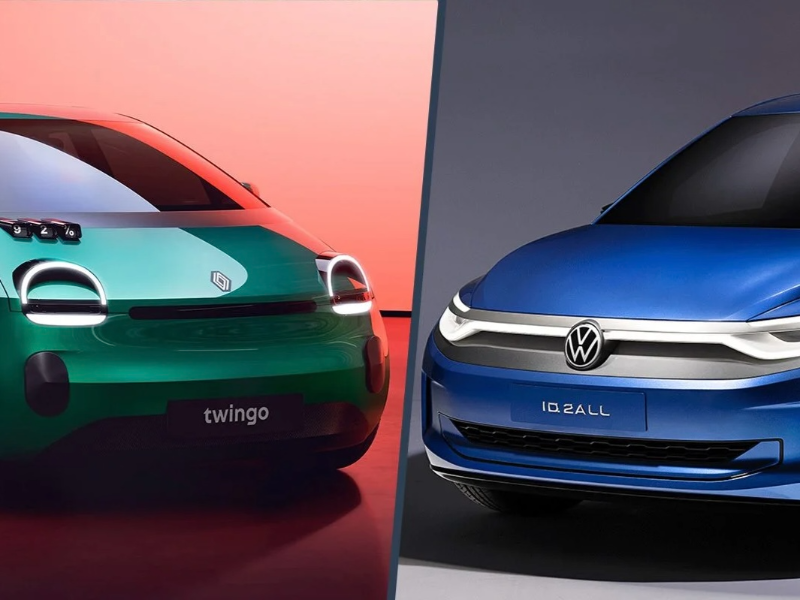- Volkswagen and Renault have ended their discussions about collaborating on developing an affordable electric vehicle due to strategic and operational differences.
- Despite the failed partnership, both automakers remain committed to expanding their electric vehicle portfolios individually, with VW focusing on its ID. series and Renault continuing its “Renaulution” plan.
- The breakdown of these talks underscores the complexities of forming partnerships in the competitive and rapidly evolving electric vehicle industry.
Volkswagen (VW) and Renault have reportedly ceased discussions about a joint venture aimed at developing an affordable electric vehicle (EV).
Partnership halted
Sources familiar with the matter revealed that the negotiations, which had been ongoing for several months, were halted due to differences in strategic priorities and potential disagreements on key project elements.
The proposed collaboration between the German and French automotive giants was initially seen as a promising endeavor to create a low-cost EV that could cater to the burgeoning demand in Europe and other markets. Both companies have been aggressively expanding their EV lineups to meet stringent emissions regulations and the growing consumer shift towards sustainable mobility.
However, insiders indicated that the talks stumbled over various issues, including the technological platforms to be used and the allocation of investment and resources. “Despite the clear benefits of a partnership, aligning the two companies’ strategies and operational frameworks proved to be more challenging than anticipated,” one source said.
Also read: The 5 biggest EV charging companies
Separate EV strategies
VW and Renault have each been making significant strides in their respective EV strategies. Volkswagen has invested heavily in its ID. series, with models like the ID.3 and ID.4 gaining traction in various markets. The company aims to produce 1.5 million electric cars annually by 2025. Meanwhile, Renault has been a pioneer in the affordable EV segment with its popular Zoe model and is pushing forward with its “Renaulution” plan to transition to a more sustainable and profitable future.
Despite the setback, both automakers remain committed to their EV ambitions. A spokesperson for Volkswagen stated, “While we have decided not to pursue this particular partnership with Renault, we continue to explore various opportunities and collaborations to accelerate our electric vehicle initiatives.” Similarly, a representative from Renault emphasised that the company is “focused on expanding our EV portfolio and will continue to seek out innovative partnerships that align with our strategic goals.”
Also read: 7 top players in EV charging world
Complex collaboration
Industry analysts suggest that the dissolution of these talks underscores the complexities involved in such collaborations, especially in a rapidly evolving sector like electric vehicles. “Merging distinct corporate cultures and aligning technological paths can be quite complex,” noted one expert. “However, both VW and Renault have the resources and vision to succeed independently.”
The end of these talks does not signal a slowdown in the EV race but highlights the dynamic and competitive nature of the industry. As consumer demand for electric vehicles continues to rise, automakers worldwide are likely to explore various strategies and partnerships to capture market share and drive innovation.

